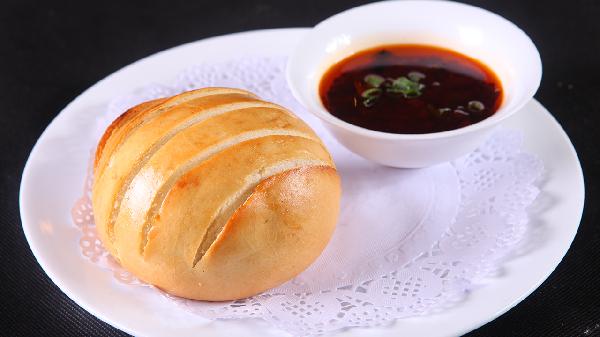Yes, a high-fat, low-carb diet can help you shed pounds fast—but it's not magic, and it's not for everyone. This approach, often called a ketogenic diet, flips the script on traditional weight loss advice by cutting carbs and upping fats, forcing your body to burn fat for fuel instead of glucose. The rapid initial weight loss is partly water weight, but many people see sustained fat loss if they stick with it. That said, it's not a free pass to eat bacon all day—quality matters, and results vary depending on your metabolism, activity level, and overall health.

When you slash carbs, your body’s glycogen stores (stored glucose) get depleted, and with them goes a lot of water weight—hence the quick drop on the scale. But the real game-changer is ketosis, a metabolic state where your liver breaks down fat into ketones for energy. Unlike glucose spikes from carbs, ketones provide steady energy, which can curb cravings and stabilize blood sugar. Studies show keto diets can reduce appetite hormones like ghrelin, making it easier to eat fewer calories without feeling hangry. However, hitting ketosis isn’t instant; it takes about 2–7 days of strict carb restriction (usually under 50 grams daily), and some folks experience the dreaded "keto flu" (fatigue, headaches) during the transition.
Beyond fast weight loss, keto fans report fewer energy crashes, better mental clarity, and improved markers like blood sugar and triglycerides. For insulin-resistant individuals or those with type 2 diabetes, low-carb diets can be a game-changer by improving insulin sensitivity. Athletes on keto often praise its endurance benefits once they’re fat-adapted (a process that can take weeks). Plus, let’s be real—eating cheese, avocados, and steak while losing weight feels like cheating compared to sad salads and rice cakes. The diet’s simplicity (no calorie counting, just macros) also appeals to people who hate tracking every bite.
Keto isn’t all bacon rainbows. The initial water loss can be misleading, and if you return to carbs, the pounds often rush back. Long-term, extreme carb restriction can lead to nutrient deficiencies (bye, fiber and antioxidants), constipation, and even hormonal disruptions for some women. Socially, it’s tough—dining out or drinking with friends becomes a minefield. And while some thrive on high fat, others feel sluggish or experience skyrocketing LDL cholesterol. Plus, the "keto rash" (a real, itchy side effect) and bad breath (thanks, acetone ketones) are less-than-glamorous downsides.
This diet shines for people with metabolic issues like prediabetes or PCOS, or those who’ve hit a weight-loss plateau with standard low-fat diets. It’s also worth a shot if you’re addicted to sugar and need a hard reset. But keto’s a bad fit for pregnant women, elite athletes relying on quick glycogen stores (like sprinters), or anyone with a history of disordered eating—the restrictive nature can trigger unhealthy habits. People with gallbladder, kidney, or thyroid conditions should consult a doctor first, as high fat intake can strain these systems.
To avoid yo-yoing, treat keto as a short-term reset rather than a forever diet. Cycle in carb refeeds if you’re active, and prioritize veggies (yes, spinach counts as low-carb). Choose fats wisely: olive oil over processed meats, salmon over sausage. Electrolytes (sodium, potassium, magnesium) are your friends to dodge keto flu. And if you plateau, don’t freak out—adjust portions or try intermittent fasting. Remember, the best diet is one you can stick to without misery; if keto feels like torture, a moderate low-carb approach might be your sweet spot.
At the end of the day, a high-fat, low-carb diet can be a powerful tool for fast weight loss, but it’s not the only way—or necessarily the best way—for everyone. Listen to your body, nix the processed junk regardless of macros, and focus on long-term health over quick fixes. Because let’s face it: no amount of butter coffee will outrun a crappy lifestyle.
























